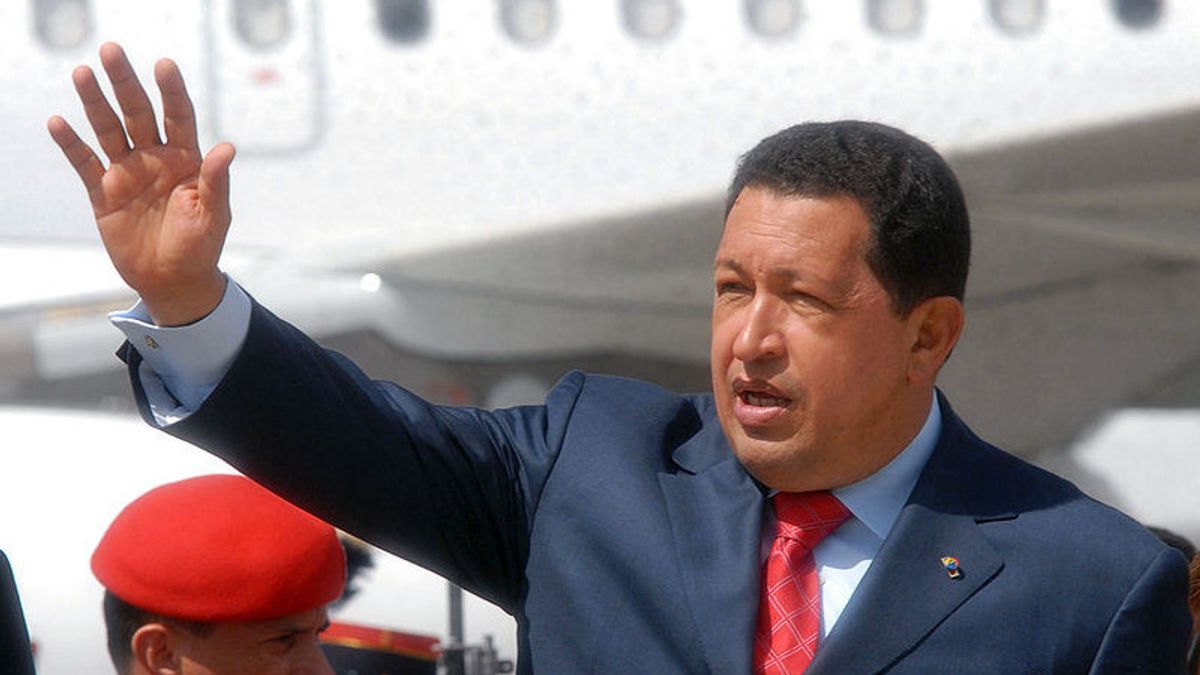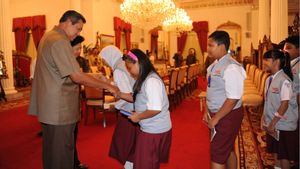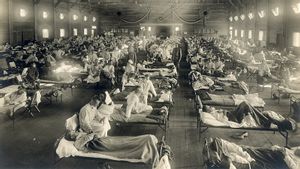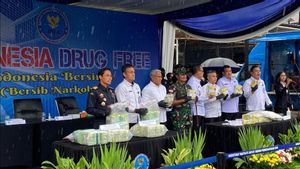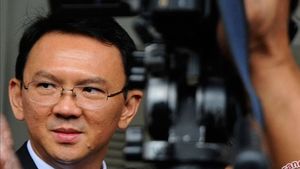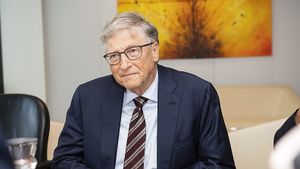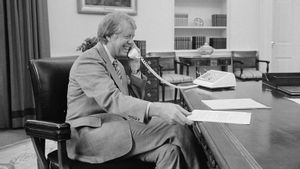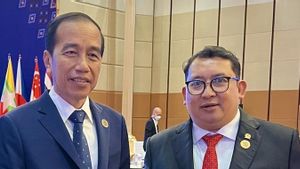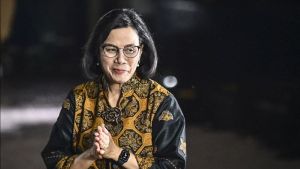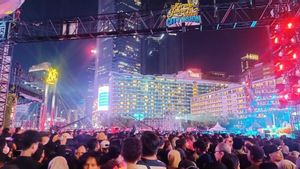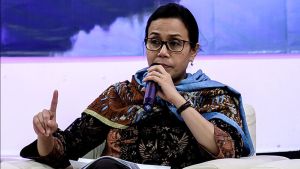JAKARTA Memories of today, 11 years ago, March 5, 2013, Venezuela's revolutionary leader, Hugo Chaves passed away. Chaves' departure was like the deepest loss of Venezuelan people. A series of world leaders did not want to miss experiencing grief.
Previously, Chaves' struggle to sit as Venezuala's number one was not easy. He and the communists had staged a coup and failed in 1992. This failure made his figure famous. He was also able to become president pro-poor people in 1998.
Defending the state was Chaves' way of life. He devoted himself as a soldier with the rank of second lieutenant of the Army (AD). At that time he was tasked with chasing the left rebel. Instead of Chaves only focused on chasing, he was faced with new facts.
Those who carried out the rebels actually came from many farmers. The rebellion they did as much as possible for a better life. Everything is because the policy of the Venezuelan leader does not really care about the livelihoods of the farmers.
The narrative actually made Chaves sympathize. Chaves began to read a lot of left books. Chaves' knowledge was put to good use. Moreover, when he and his friends got the opportunity to teach at the 1981 military academy.
He considered this opportunity as a way to provide understanding to the new military generation regarding political ideas that were pro-people. Chaves' influence was strong enough. Many of his students joined the Chaves political agenda.
The military began to smell bad behavior. Chaves began to be suspected of being part of the rebels who wanted to take power. This condition made Chaves exiled. The pinnacle of being loved by scholars arrived.
Chaves and his friends who called themselves the Revolutionary Bolivarian Movement-200 began carrying out a coup agenda in 1992. A coup that was considered a failure. Chaves surrendered and languished in prison for two years.
However, that condition made Chaves known throughout Venezuela. He, who had just come out of prison, then tried to solidify a new move. He tried a new career from the army to politicians.
The results were brilliant. Chaves, who later participated in the 1998 presidential election, was able to excel from his opponents. As a result, Chaves soon became the number one person in Venezuela and was sworn in in February 1999.
Hugo Chavez dominated Venezuelan politics for 14 years with his charismatic personality, populist policies and authoritarian methods before his death this week. His redistribution policies brought better living conditions to millions of Venezuelan poor. But his legacy was tarnished by the weakening of democratic institutions and the support of evil foreign leaders such as Bashar al-Assad from Syria and Mahmoud Ahmadinejad from Iran.
Undeniably its popularity among the poor majority in Venezuela. He won the election by pouring most of his country's oil revenue into building public housing, establishing health clinics, and providing affordable food for the poorest, "is written on the website title The New York Times entitledHugo Chaves (2013).
Chaves' leadership invites praise in South America, even the world. Chaves was able to transform into an icon of resistance and change. No one was able to shift it in Venezuela. Even though there was a coup agenda from his political opponents.
If anyone is able to break Chaves' existence in Venezuela, then it is death. Sure enough, Chavez died on March 5, 2013. At that time he was battling his illness, cancer.
SEE ALSO:
The departure of the chaves also brought deep sorrow. The world leader also expressed his condolences.
Chavez died in a military hospital in Caracas at the age of 58 after two years of battling cancer that attacked his pelvis. He has undergone four operations in Cuba since being diagnosed with the deadly disease in June 2011. Chavez's close allies in Latin America also expressed their sadness. Cuba, Chavez's closest country, announced a three-day national mourning day.
The Cuban government stated that Chavez had stood beside Fidel Castro like his real son. As for Bolivian President Evo Morales said that he was devastated by Chavez's death. Thousands of people took to the streets of Caracas City. A number of women seem to be gathering in front of the Miraflores Palace, Chavez's office. Some of them wore T-shirts with the words Majulah commander! wrote Sapto Yunus in his article in Tempo Magazine entitled Looking for the Successor of the Bolivar Revolution (2013).
The English, Chinese, Japanese, Arabic, and French versions are automatically generated by the AI. So there may still be inaccuracies in translating, please always see Indonesian as our main language. (system supported by DigitalSiber.id)
